By Bayu
Indosnews.com, Jakarta –
As global awareness of human rights (HR) issues continues to grow, companies across all sectors are increasingly expected to deepen their Human Rights Due Diligence (HRDD) practices. HRDD is no longer seen as a mere compliance requirement — it has become an essential part of corporate sustainability and social responsibility strategies.
What is Human Rights Due Diligence?
Human Rights Due Diligence refers to an ongoing process by which businesses identify, prevent, mitigate, and account for the adverse impacts of their operations on human rights, including throughout their supply chains.
According to the United Nations Guiding Principles on Business and Human Rights (UNGPs), all companies — regardless of size — have a responsibility to respect human rights by implementing effective HRDD processes.
Why Deepening HRDD is Urgent
Today’s business environment faces pressure from all directions: tighter regulations, higher stakeholder expectations, and increasingly critical consumers. In Europe, for example, the Corporate Sustainability Due Diligence Directive (CSDDD) demands stricter human rights and environmental due diligence from corporations.
Deepening HRDD allows businesses to:
Anticipate risks before they escalate into crises.
Enhance trust with investors, customers, and business partners.
Strengthen corporate reputation in the global market.
Demonstrate a genuine commitment to ethical values and sustainability.
Strategies to Deepen HRDD
Key steps companies can take include:
Integrating human rights into core policies: Embedding respect for human rights into the company’s vision and mission.
Engaging stakeholders: Involving local communities, workers, and vulnerable groups in the due diligence process.
Leveraging technology: Using data analytics to map human rights risks throughout supply chains.
Transparency and reporting: Communicating due diligence findings openly to the public.
Building internal capacity: Training employees at all levels about the importance of human rights in business operations.
Indonesia and the Future of HRDD
In Indonesia, the commitment to integrating human rights into business practices is steadily growing. Many national companies have started adopting HRDD principles to enhance their ESG (Environmental, Social, Governance) standards. The government also continues to encourage the implementation of Business and Human Rights Principles as part of the country’s sustainable development strategy.
By deepening HRDD, Indonesia has the potential to become a leader in sustainable business practices in Southeast Asia.
Closing
Deepening Human Rights Due Diligence is not just about compliance — it is about building a more just, inclusive, and sustainable business environment. In an era of heightened social responsibility, companies that take bold action to respect human rights will be the ones that thrive in the future.
(Indosnews.com – [28 April 2025])

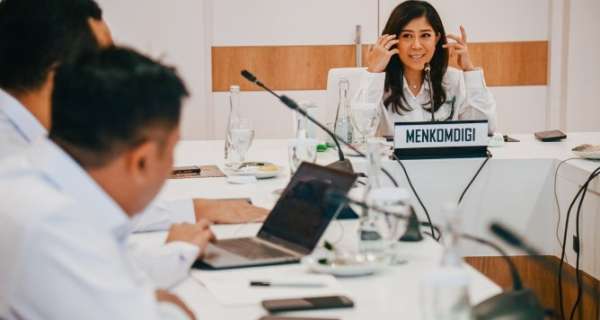
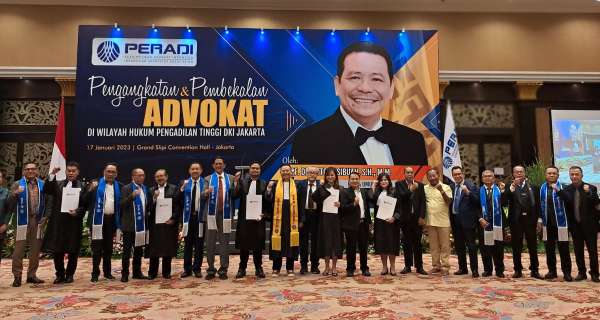




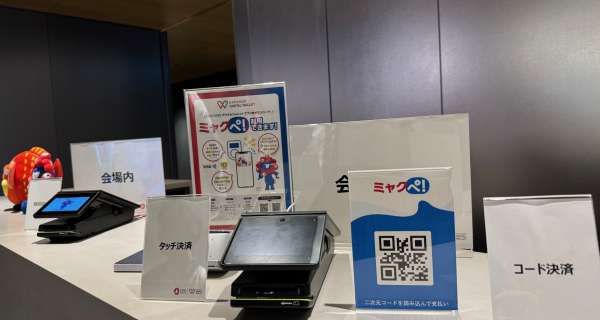




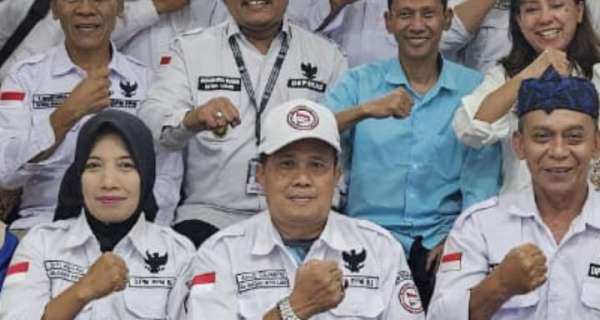

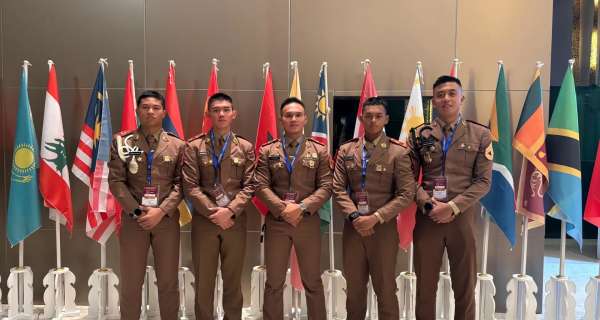








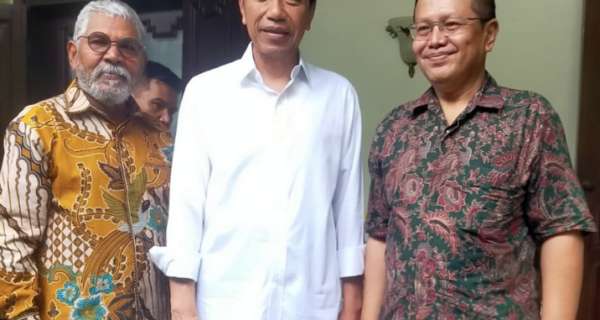



0 تعليقات